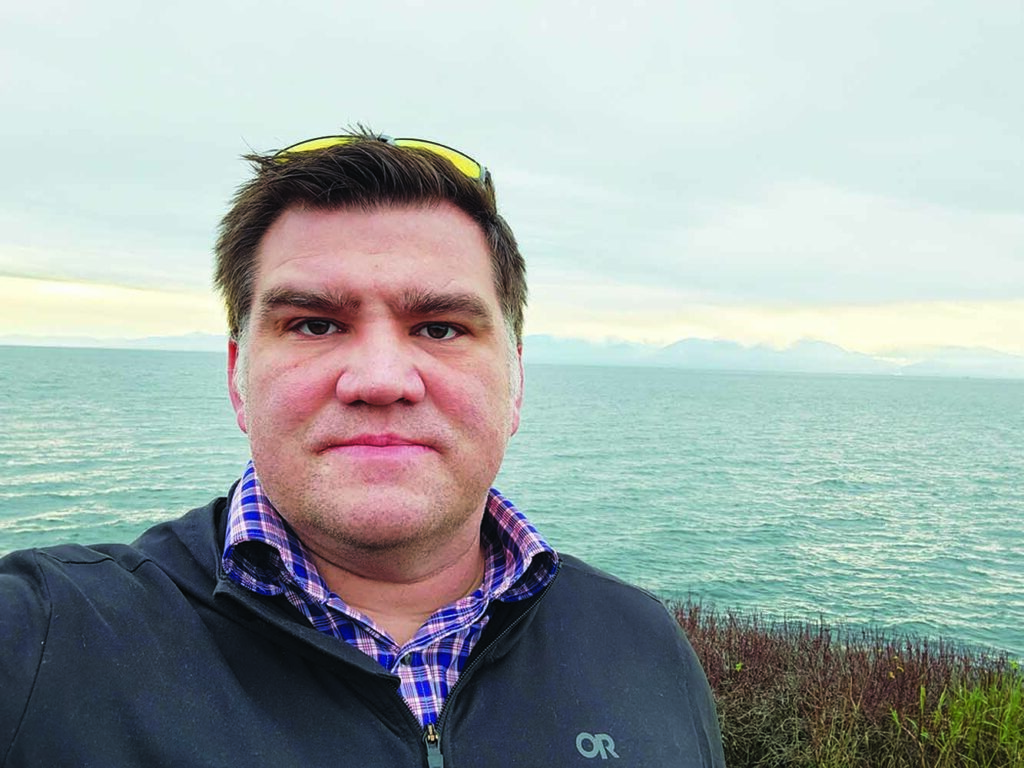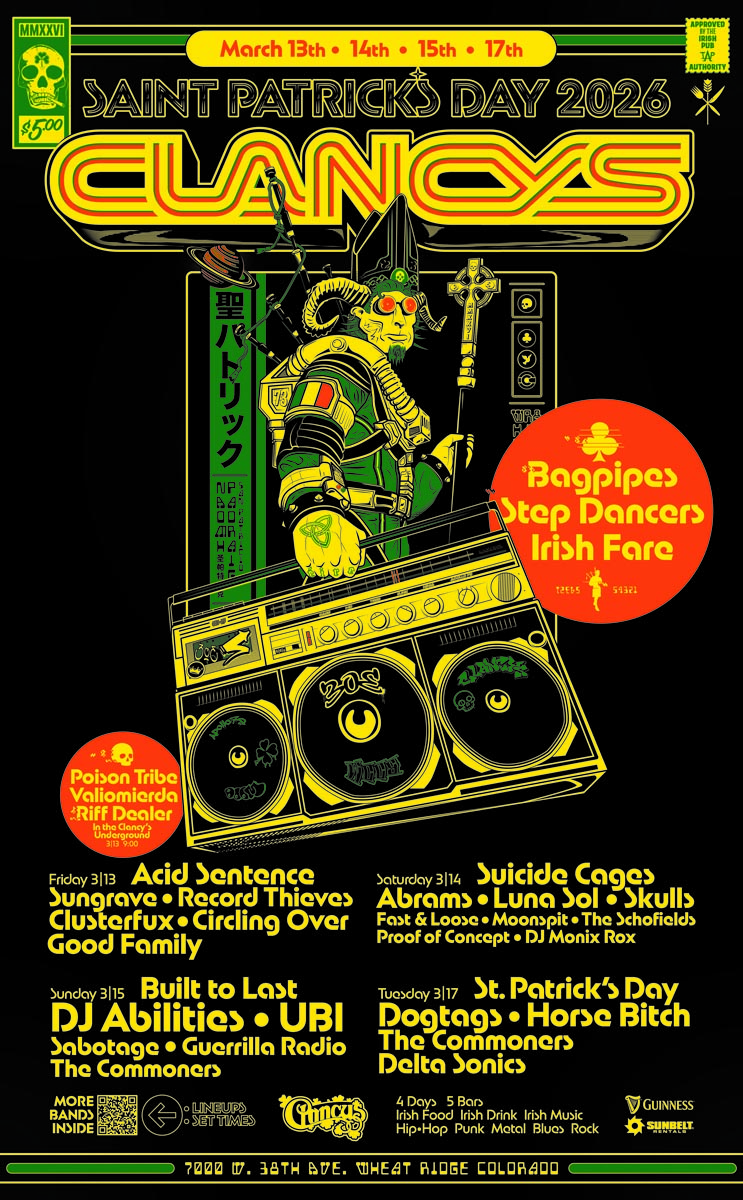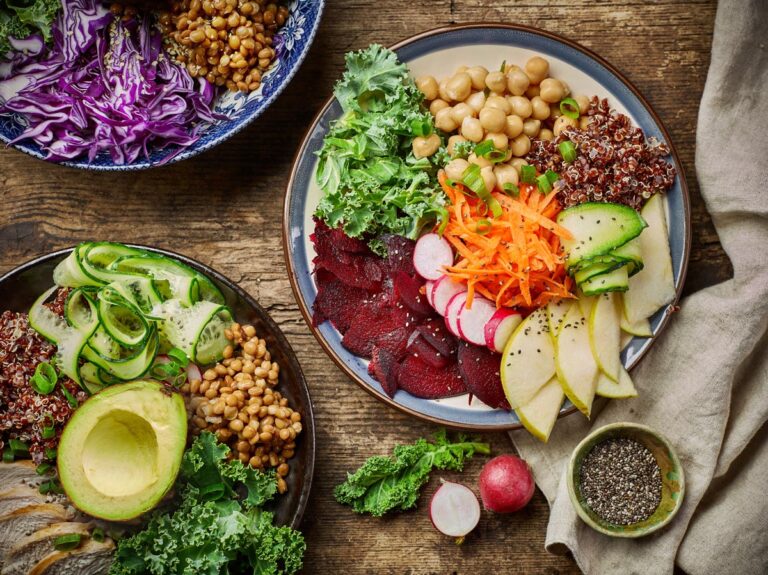As the excitement of the New Year begins to fade, it can be challenging to remember why we dreamed up such lofty goals or even how we can remain committed to personal change. Statistically, one-third of Americans embark on resolutions, but only 8% successfully achieve them. If you find yourself within these statistics, the odds may seem daunting. However, the prospect of becoming an improved version of yourself — the one who embraces more vegetables or commits to reduced social media use — is within reach.
In 2021, our family celebrated a wedding complete with vows, a joyous reception and libations. The next morning my body reminded me how close I was to my 40th birthday. Those margaritas (which seemed like a good idea at the time) did not mix well with early morning demands. Between sips of coffee set against a Paw Patrol soundtrack, I made a bold decision to go sober, cold turkey. My choice had little to do with concerns over alcoholism or addiction, and more to do with being better than I was yesterday. I had envisioned a thinner waistline and healthier skin.
Stephen Covey’s “The 7 Habits of Highly Effective People” recommends beginning with the end in mind. “Define clear measures of success and a plan to achieve them.” In my case, “No drinking until June 23rd, 2022,” became my benchmark for success. I wrote it on a scrap of paper and affixed it to the refrigerator, transforming it into a daily reminder of my goal and a gentle push toward my desired behavior.
James Clear’s “Atomic Habits” suggests that “every action you take is a vote for the person you wish to become.” If your goal is to quit smoking, every cigarette you don’t smoke is a vote to become a healthier person. Clear goes on to suggest the words we use to communicate our ambitions can sabotage our efforts. Are you a non-smoker? Or are you fighting a losing battle with smoking?
If your goal is to break a bad habit, journalist Charles Duhigg suggests replacing it with a better one. “Once you’ve figured out your habit loop (cue, routine, and reward) —you’ve identified the rewards driving your behavior, the cue triggering it, and the routine itself. You can begin to shift the behavior.” Let’s say you’re trying to kick a late-night junk food cycle. Imagine replacing “Doritos” with “running shoes.” What would the reward become? Perhaps that elusive “runner’s high” may be more rewarding than the Cool-Ranch-coma.
In the end, I accomplished my goal and spent a year in sobriety. my waistline remained relatively unchanged, and my skin didn’t magically transform overnight. What changed was my mindset. If I’m capable of achieving a lofty long-term goal, what else could I achieve?






